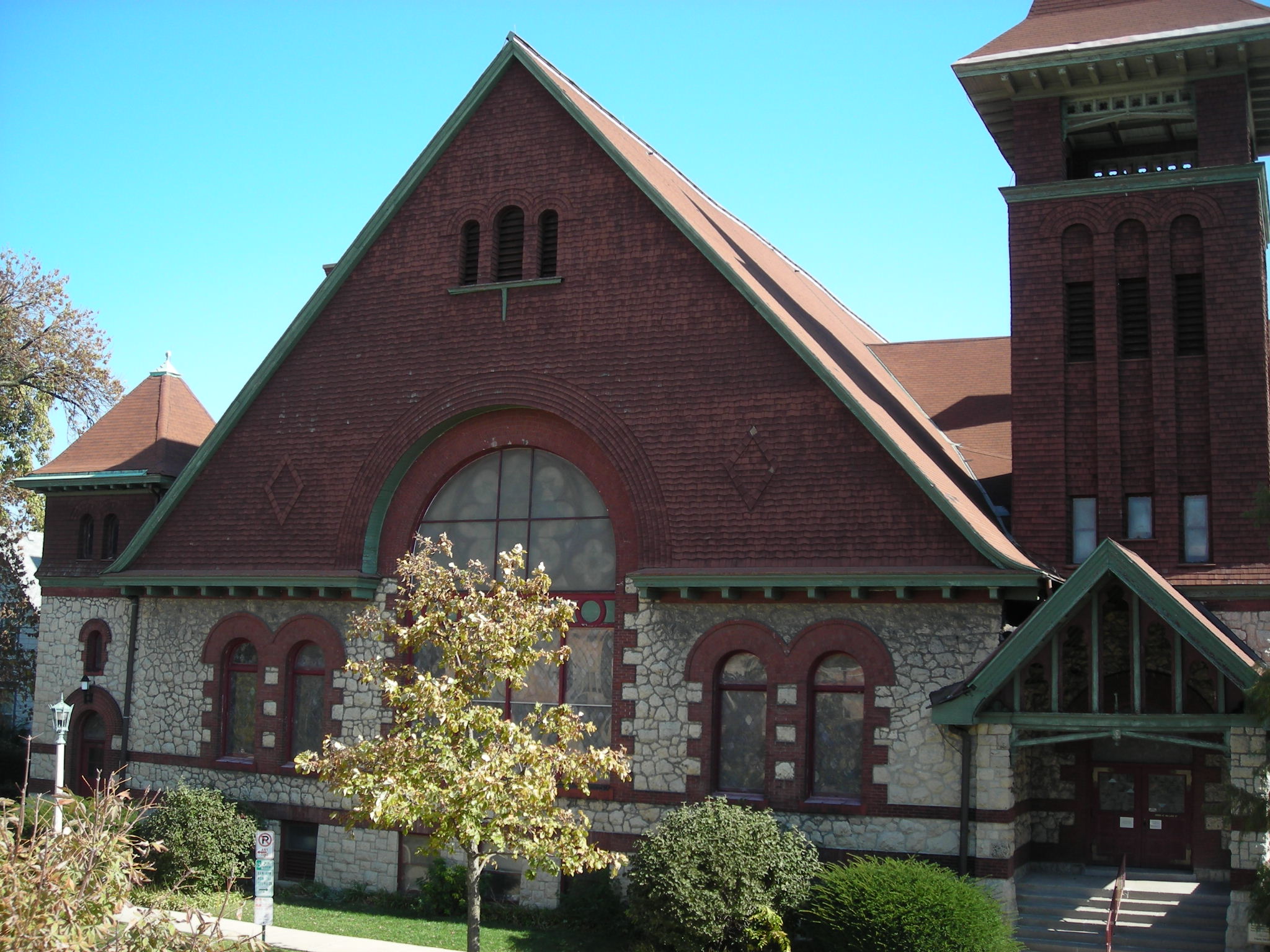
Experiencing “the Other” as Ourselves
Tim: We’re coming to the end of our time with Howard Thurman.
Shea: You’re never really done with him. He sort of gets into your system—
Tim: He’d call it your “consciousness”—
Shea: Yes, he gets right in the middle of how you think about and view your life…
Tim: And long after you’ve put the book down you can hear him in the back of your mind.
Shea: That’s by intention, I think, because Thurman is pretty adamant that spiritual life is lived in community. It’s a collective kind of consciousness that relies on our awareness of each other in order to shape an accurate understanding of how God works in the world.
Tim: In our last sequence of readings—from day 31 on to 40—he keeps returning to a theme: becoming fully human depends on our ability to experience others as fully human. This is particularly important when we encounter folks who don’t resemble us. Zeroing in on their humanity keeps us in touch with our own humanness.
Shea Thurman calls this a “growing edge.”
Tim: And we want to thank him for that, because it’s a powerful reminder that we’re never fully finished, there’s always more…
Shea: Because God is all about more—abundance is God’s M.O. Just when we’re sure we’re at our limit—
Tim: When it feels like there’s nothing more we can do, there’s nothing left to discover, there’s not another way for God to surprise us—
Shea: Just when we’ve run out, there’s a new growing edge, a new area to explore and learn and find out what God is able to do in us.
Tim: How does scripture describe it? God is able to do exceedingly abundantly above all we can ask or think according to the power that works in us (Eph. 3:20). We can never run out of growing edges!
Shea: Yet Thurman wants us to understand that being our most human is how we recognize the humanness of those around us. And in that humanity we catch glimpses of the Creator who makes all things possible.
Tim: It’s a powerful idea, especially in the way it holds everything in place: humanity opens us up to God, openness to God alerts us to the humanity in others. I’m so curious about where this conversation is going to go on Thursday night.
Shea: Me too! It’s going to be a great conclusion to what has been a very powerful Lenten series. You don’t want to miss it!

Join us this Thursday as we conclude our Lenten conversation with the help of the great 20th century pastor, activist, and mystic Howard Thurman. We meet at 7:30pm in the Resource Room of Pilgrim Congregational Church, 460 Lake Street, Oak Park or online at FB Live. See you this week!
We need your help!
As we think about the future of Gather, please let us know what gifts you bring and would like to share with the community. There are many roles that have to come together to make Gather happen every week. This includes setup, technical support, worship, managing handouts and information, coordinating drinks, and teardown. We need your help. Please let us know what type of service you’d be interested in!
Watch God Work,
Tim & Shea
As we prepare to become a vibrant worshipping community, we invite you to enjoy a Spotify playlist that captures the kind of worship we hope to embrace. Give it a spin while you’re driving. Make it your workout jam. Add it to your devotional time. Most of all, feel yourself becoming part of a sacred village of believers who love their God and one another!
Check out the Gather Worship Playlist here.










